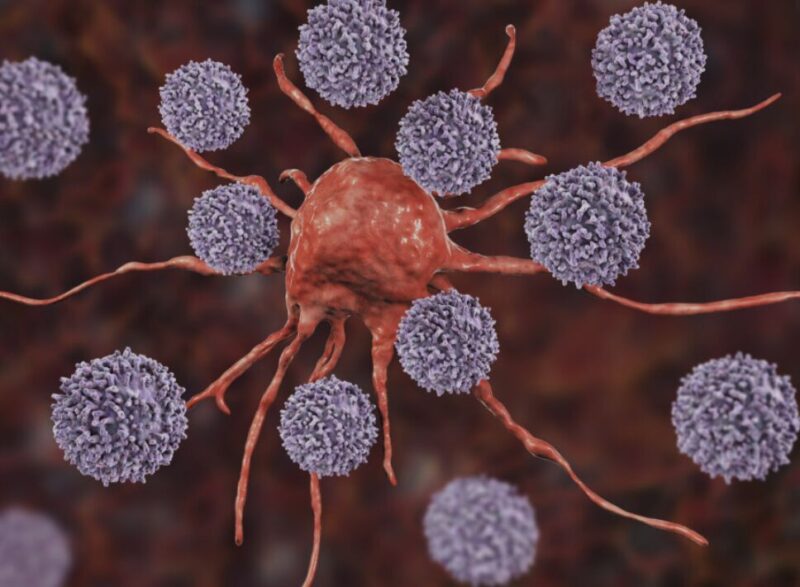
Richard Sullivan: WHO Meeting Reflected on Cancer and IO Drug Pairs
Richard Sullivan, Director at Institute of Cancer Policy, shared on LinkedIn:
“The January WHO Essential Medicines for Cancer meeting provided a chance to critically reflect on a wide range of cancer medicines, especially drug-pair immuno-oncology (IO) indications. Our full report can be accessed here.
In summary, we sent to the main committee – pembrolizumab mono for colorectal cancer (dMMR/MSI-H) and NSCLC(PD-L1 ≥50%). Pembro with CXT for cervical cancer (CPS ≥1). Atezolizumab mono for NSCLC (PD-L1 ≥50%). Cemiplimab mono for NSCLC (PD-L1 ≥50%) as well as blinatumomab for CD19-positive frontline, relapsed, or refractory B-lineage ALL.
We deferred judgments on four IO’s but 14 drug-indication pairs (12 of which were IO) were rejected.
The reasons for this will be of no surprise; the recurring themes of price/cost coupled with poor clinically meaningful benefit for resource-constrained environments were the major factors. Linked to this was the quality of the clinical trial design for many studies.
But read on (page 21 and beyond). The really interesting parts are related to the interchangeability of IOs, the opportunity for reduced intensity treatment, vial size and sharing, biosimilars, procurement, and licensing strategies. Overall the deliberations raise serious questions about what research we really need to be doing to deliver IO that is both economically sustainable and clinically meaningful.”

More posts featuring Richard Sullivan on OncoDaily.
-
Challenging the Status Quo in Colorectal Cancer 2024
December 6-8, 2024
-
ESMO 2024 Congress
September 13-17, 2024
-
ASCO Annual Meeting
May 30 - June 4, 2024
-
Yvonne Award 2024
May 31, 2024
-
OncoThon 2024, Online
Feb. 15, 2024
-
Global Summit on War & Cancer 2023, Online
Dec. 14-16, 2023
